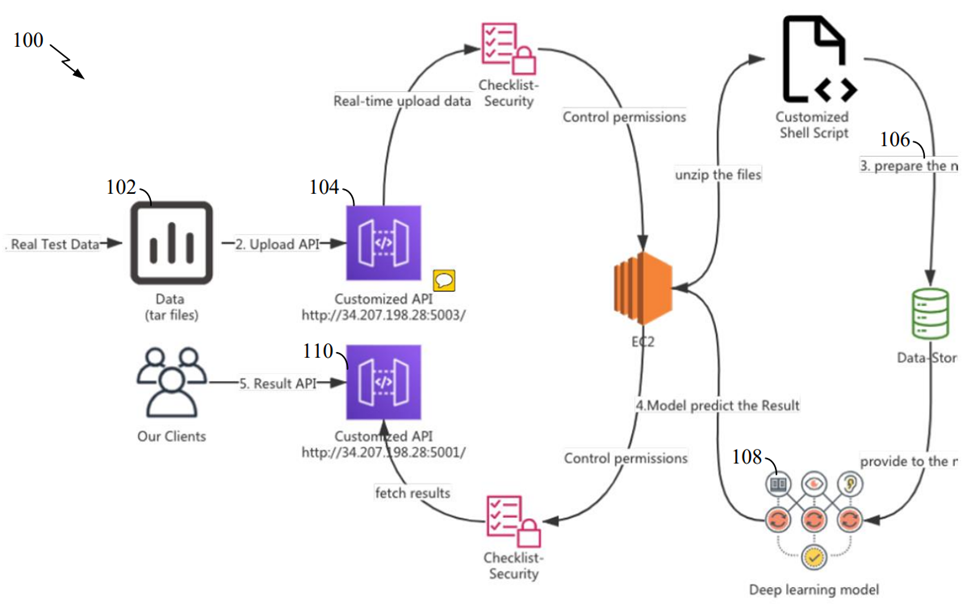Advantages:
- Swiftly authenticates ICs, ensuring quick and reliable verification for secure electronic component procurement.
- Ensures accurate IC authentication with high efficiency through matrix scan and deep learning model.
- Significantly reduces counterfeit IC risks by creating an 'electronic signature,' ensuring comprehensive risk mitigation.
Summary:
In today's electronics landscape, the pervasive challenge of counterfeit integrated circuits (ICs) poses a serious threat to the reliability of electronic systems. Existing methods often fall short in providing an efficient and foolproof solution for IC authentication. Enter our groundbreaking Advanced Pin Correlation system, a technological marvel that addresses this issue head-on. Employing a deep learning system, it conducts a rigorous series of checks to ensure IC conformity, swiftly detecting and authenticating genuine components while mitigating the risks associated with counterfeit ICs.
What sets our technology apart is its unique approach to IC authentication. Unlike traditional methods, our system utilizes a matrix scan approach, capturing impedance-based physical characteristics of IC pins. This data is then processed through a deep learning model, creating a distinctive gold chips library for rapid authentication. The innovation lies in the seamless integration of multiple pins, enabling an automated scan and the creation of an 'electronic signature.' This method ensures not only speed but also unparalleled accuracy, establishing our Advanced Pin Correlation system as a pioneering solution in the fight against counterfeit ICs.

Overview of electronic component authenticity identification system according to some embodiments.
Desired Partnerships:
- License
- Sponsored Research
- Co-Development